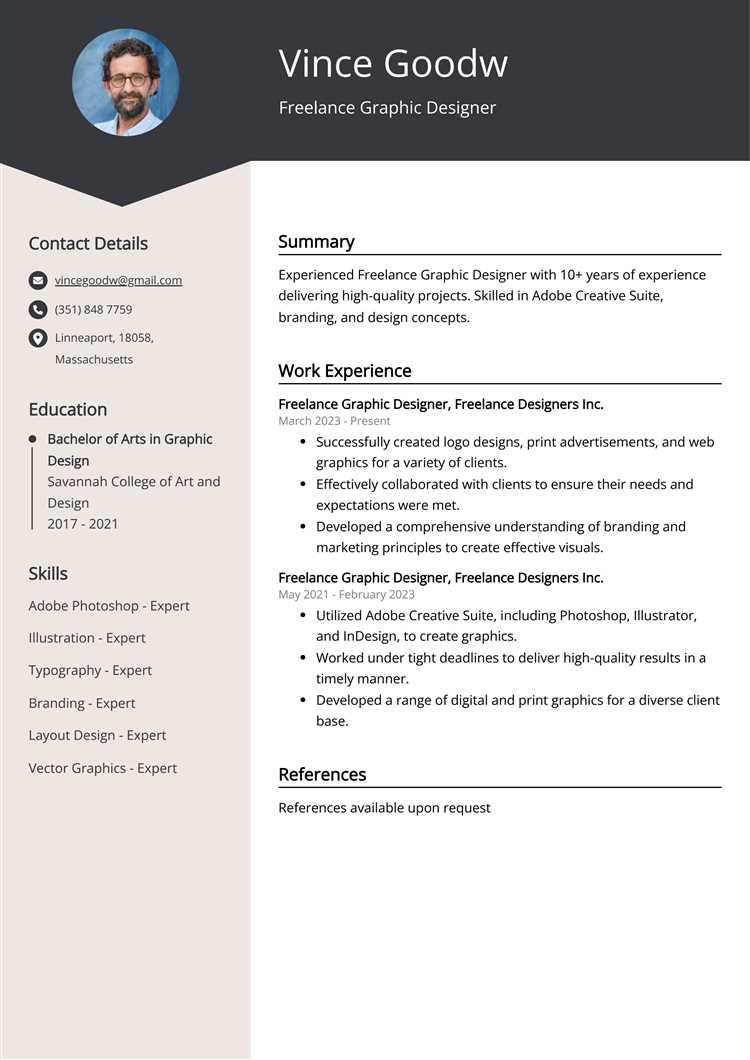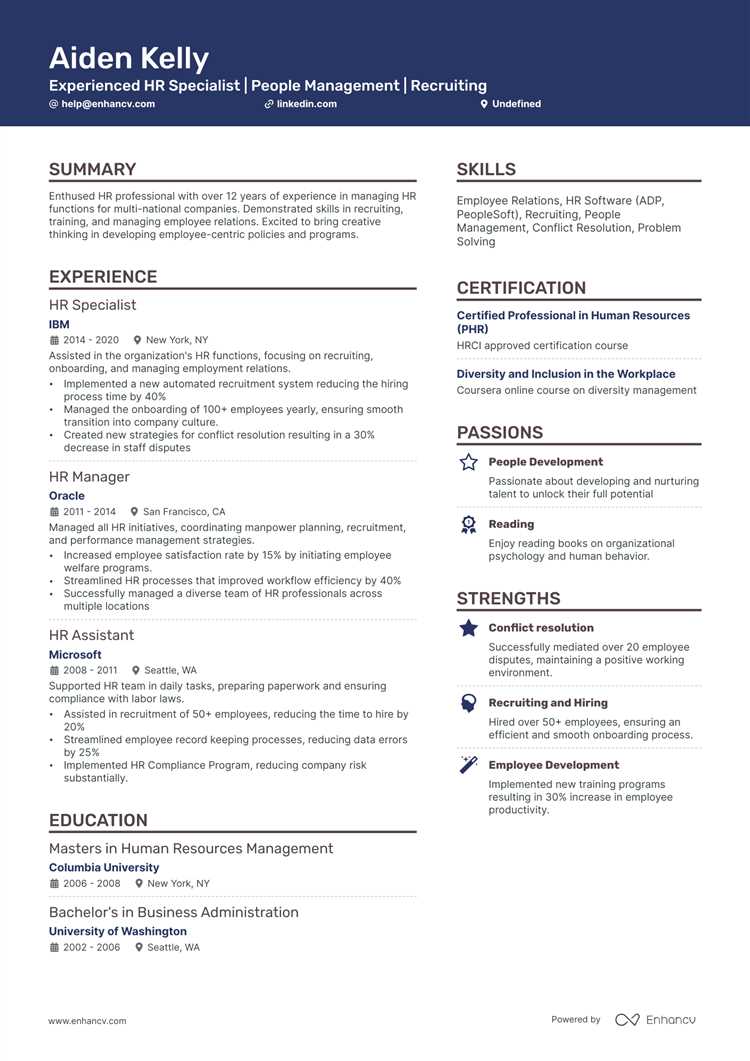

For some job seekers, mentioning contacts who can vouch for their abilities seems like a no-brainer decision to make. However, some experts argue that including references in your CV may not always work to your advantage.
On one hand, having reliable references can help strengthen your application and provide potential employers with a more thorough picture of your qualifications. On the other hand, there is the risk that the individuals you list may not be readily available or may not offer the glowing recommendation you anticipate.
Why Including References on Your Resume Matters
When it comes to showcasing your qualifications and validating your skills and experiences, having a list of individuals who can vouch for your abilities can be a game-changer. By providing references on your resume, you are offering potential employers the opportunity to get a firsthand account of your work ethic, professionalism, and expertise.
| Enhanced credibility | Illustrate your qualifications | Validate your skills |
Moreover, including references on your resume demonstrates your commitment to transparency and accountability. It shows that you are confident in your abilities and are willing to put yourself out there for scrutiny. By doing so, you are giving hiring managers additional confidence in your candidacy and increasing your chances of landing the job.
Advantages of Providing References to Employers
When applying for a job, sharing contact information of individuals who can vouch for your skills and qualifications can significantly enhance your credibility as a potential candidate. References serve as testimonials of your work ethic, experience, and character, providing employers with valuable insights into your performance and professional demeanor.
- References can validate the claims made in your resume, giving employers assurance that the information you have provided is accurate and trustworthy.
- Having strong references can differentiate you from other applicants and increase your chances of securing a job offer, as employers may prioritize candidates with endorsements from reputable sources.
- References can also serve as a valuable networking tool, as they can introduce you to new opportunities and connections within your industry.
Considerations Before Including References on Your Resume
Before adding contact information for individuals who can attest to your work history, skills, and character, it is important to carefully evaluate the potential benefits and drawbacks. Taking into account these factors can help you make an informed decision on whether or not to include references on your CV.
Firstly, ponder the relevance of the references you are considering. Ensure that they are able to speak to your qualifications for the particular position you are applying for. Additionally, reflect on the relationship you have with each reference and the credibility they hold in the eyes of potential employers.
Next, weigh the possible advantages of including references on your resume. On one hand, having references readily available can demonstrate your preparedness and willingness to provide evidence of your capabilities. Conversely, consider the potential inconvenience of listing contact information that may not be requested by all employers.
Lastly, contemplate the impact that including references could have on the overall presentation of your resume. Determine if the space taken up by this information could be better utilized for showcasing your skills and experiences in a more impactful manner. Additionally, consider if providing references at the initial stage of your job application process could be prematurely offering personal information before it is necessary.
Potential Drawbacks of Listing References on Your Resume

While it may seem beneficial to provide a list of individuals who can vouch for your skills and qualifications, there are some potential drawbacks to including references on your resume. These drawbacks can impact the overall effectiveness of your job application and how you are perceived by potential employers.
- 1. Lack of Privacy: Listing references on your resume means sharing personal contact information with potential employers, which can compromise your privacy.
- 2. Outdated Information: If you include references on your resume, you run the risk of providing outdated or incorrect contact details, which can reflect poorly on your professionalism.
- 3. Limited Space: Including references on your resume takes up valuable space that could be used to highlight your skills, experience, and accomplishments.
- 4. Unreliable References: Not all references may speak positively about your work ethic or abilities, leading to potential damage to your reputation and credibility.
- 5. Unnecessary Pressure: Listing references on your resume may put unnecessary pressure on those individuals to provide a glowing recommendation, which can create awkward situations.
Alternatives to Including References on Your Resume
Instead of providing contact information for individuals who can vouch for your work ethic and skills, consider other ways to showcase your qualifications on your resume.
- Highlight accomplishments: Rather than listing references, focus on highlighting your achievements and experiences that demonstrate your capabilities.
- Include testimonials: Incorporate quotes or testimonials from past employers, colleagues, or clients to add credibility to your qualifications.
- Showcase skills: Create a skills section on your resume to outline your relevant abilities and proficiencies in a concise and organized manner.
- Provide project examples: Describe specific projects or tasks you have completed that showcase your skills and expertise in action.


